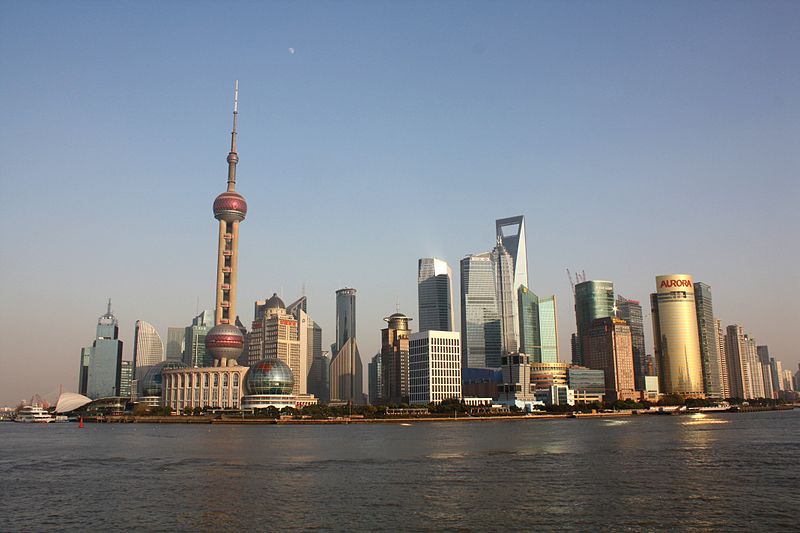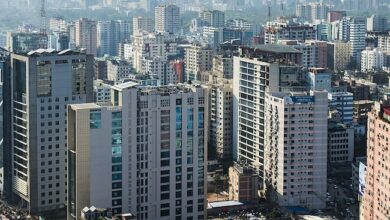
(Reuters) – China needs to sustain economic growth of 7.2 percent to ensure a stable job market, Premier Li Keqiang said as he warned the government against further expanding already loose money policies.
In one of the few occasions when a top official has enunciated the minimum level of growth needed for employment, Li said calculations show China’s economy must grow 7.2 percent annually to create 10 million jobs a year.
That would cap the urban unemployment rate at around 4 percent, he said.
“We want to stabilize economic growth because we need to guarantee employment essentially,” Li was quoted by the Workers’ Daily as saying on Monday. His remarks were made at a union meeting two weeks ago but were only published in full this week.
Yet even as authorities keep an eye on growth, Li sounded a warning on easy credit supply, which he said had exceeded 100 trillion yuan ($16.4 trillion) in the world’s second-biggest economy.
“Our outstanding M2 money supply has at the end of March exceeded 100 trillion yuan, and that is already twice the size of our gross domestic product (GDP),” Li was quoting as saying.
“In other words, there is already a lot of money in the ‘pool’, to print more money may lead to inflation.”
His comments affirmed the government’s hawkish stance on inflation, and did not signal any changes in policy bias, said Tao Wang, an UBS economist.
But they underscore the fine line China must toe to create economic growth and jobs for social stability, while guarding against excesses that may hurt its fortunes in the long run.
Powered by heavy reliance on exports and investment, Chinese authorities have long criticized the country’s $8.5-trillion economy as unstable and on an unsustainable growth path.
To retool the economy, China’s new leaders have signaled they are willing to tolerate slower expansion in exchange for cleaner growth led by consumption.
A crucial meeting of top leaders from November 9 to Nov 12 will shed light on just how committed Beijing is to enforcing reforms, many of which analysts say would test politicians’ will to push through unpopular changes.
STABLE FISCAL, MONETARY POLICIES
Buffeted by sluggish export sales and in part on the government’s deliberate attempt to slow activity, China’s economy is sagging towards its slackest pace of expansion in 23 years this year, at 7.5 percent.
Li reiterated that a 7.5 percent growth target for 2013 remains intact, but noted that weak exports were a risk.
Exports can directly create about 30 million jobs and add another 70 million jobs in other related industries, Li said.
For every one percentage point that China generates in economic growth, it creates 1.3 million to 1.5 million jobs, Li said, adding that the export sector can directly or indirectly employ up to 100 million people.
“We are not seeking high-speed growth, and definitely not seeking only GDP growth. But a reasonable speed in growth is needed, and so we have ensured a reasonable range in economic expansion,” he said.
China’s urban jobless rate eased to 4.04 percent at the end of September from 4.1 percent three months earlier. It is the country’s only official unemployment indicator, but analysts say it grossly underestimates the true level of unemployment as it excludes about 260 million migrant workers from its surveys.
Li did not say that 7.2 percent in annual economic growth was the minimum the government would tolerate, but analysts have always believed that China’s leaders considered growth between 7 percent and 7.5 percent to be reasonable.
On inflation risks, however, Li was clear.
“If we loosen credit, if we expand the fiscal deficit, that would be like an old saying where one carries firewood to extinguish a fire,” Li was quoted as saying.
“And this is why we choose to persevere with stable fiscal and monetary policies.” ($1 = 6.0992 Chinese yuan)
(Reporting By Xiaoyi Shao; Editing by Jeremy Laurence & Kim Coghill)
Source: Reuters



